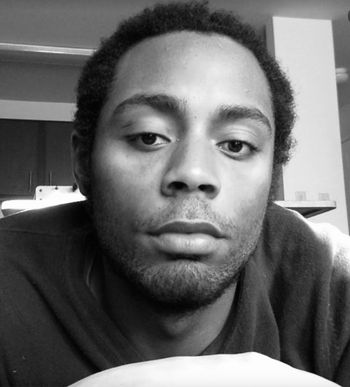'White allies/accomplices' participate separately from BIPOC staff in CU Boulder diversity program
This fall, the University of Colorado at Boulder is putting on separate diversity programming for BIPOC and White individuals.
The founder of the 'BIPOC Identity' meetups previously has written that having 'non-white' people to talk to about identity 'was like releasing a huge sigh.'
The University of Colorado at Boulder is hosting monthly “BIPOC Identity” and “White Ally” meetups this semester that separate attendees based on race.
Specifically, The “monthly meetups,” which the Institute of Cognitive Science and the Cooperative Institute for Research in Environmental Sciences sponsors, comprise groups for ”Black, Indigenous or other people of color” and another for “white allies/accomplices.”
The BIPOC group aims to “connect, create community, and support one another,” while the “White Ally” meetups complete “racial justice work to continue building relationships and discussions that began during the Challenge,” according to the website.
[RELATED: Academics target ‘whiteness’ at social justice conference]
An information spreadsheet for the “BIPOC Identity” meetups states that the group activities “provide a welcoming, inclusive space to create genuine connections, share our lived-experiences of all kinds, and support one another as BIPOC students, staff, researchers, and educators.”
Yasko Endo, the strategic communications manager for the Institute of Cognitive Science at the university, includes a statement in the spreadsheet explaining that she created the series because she often felt “pretty isolated, not fully seen or understood, not able to really be ‘myself’ at CU Boulder and City of Boulder.”
Endo also states that having “non-white” people to talk to about identity “was like releasing a huge sigh.”
[RELATED: CU-Boulder students protest in free speech zones outside GOP debate]
”Connecting with other BIPOC who were interested in our own roles and responsibilities in racism and oppression was incredibly powerful for me. And to have people to talk with who deeply understand how identity, lived experience as a not-white person in academic environments was like releasing a huge sigh,” Endo said.
The sign-up form for the ”BIPOC Identity” meetups also includes an optional field for participants to indicate their race.
The counterpart form for the “White Allies/accomplices” meetup indicates that the sessions are for anyone who is connected to the CU Boulder research institutes “who would like to deepen their learning and practice around racial equity practices to be a better ally.”
Campus Reform reached out to the University of Colorado for comment, but they have not responded.

